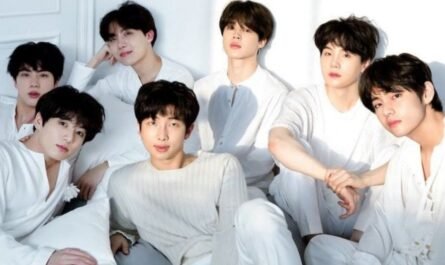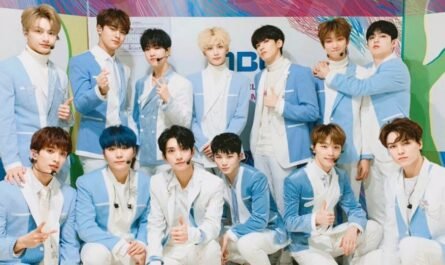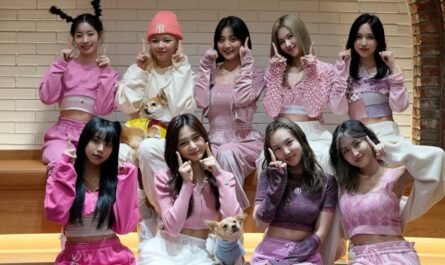The composition team who recently created famous K-pop songs met with local musicians to share their know-how, recent trends, and techniques. It is through ‘Musician Incubating SongCamp’ (in the future ‘SongCamp’) established by Gwangju Music Center. It is evaluated that this ‘Song Camp’ was meaningful in that local musicians could acquire know-how on various problems that could not be solved in the region and develop their capabilities.
‘Song Camp’ is the first program introduced by the Gwangju Music Center this year. The Gwangju Music Center has been developing a business that helps new musicians to be found, supports production costs, and produces music. In the process, the Gwangju Music Center, which came to understand the needs of local musicians for professional technology and industry trends, decided to plan ‘Song Camp.’ It’s not just about buying and arranging songs, and it’s time to arrange a meeting with a professional producer and receive mentoring from them.
His composition team, led by composer Shinsadong Tiger, participated in this ‘Song Camp.’ Shinsadong Tiger is a famous K-pop composer who composed T-ara’s ‘Roly Poly,’ EXID’s ‘Up and Down,’ and IU’s ‘Merry Christmas in advance.
Five teams of participating local musicians were selected through a public contest. They met with the Sinsa-dong Tiger composition team at the Gwangju Music Center on the 29th and 31st of last month, had mentoring, reviewed, and supplemented their songs produced in advance, and completed the original song through post-production by the producers of the composition team.
Whereas ‘Song Camp’ is usually conducted so that people with composing skills gather to create a new song, this ‘Song Camp’ is a method of arranging or composing works through meeting with incumbent producers by local musicians who have not experienced the central composition process. It was designed to obtain a formalized pattern such as
Participants’ responses were also positive. It is said that ‘Song Camp,’ held only in the Seoul area, was held in the area and was helpful in many ways.
Yang-hoon Kim of the local band Rodden said, “There are not many people who make songs in the perfect form among the local musicians, and there are many people who lack experience. It was helpful,” he said.
Jeong Kwan-young, who is in charge of the keyboard at the local indie band soof, said, “I was curious about how K-pop that we hear in our daily lives is born, so I intuited it and wanted to learn musical tendencies through the work process and conversations, etc.” I like it, but some parts don’t live up to expectations. But it was nice to have been able to meet such an opportunity in the local area, and I hope that when things become more stable, not only composers but also majors in various parts will be able to participate.”
In the future, the Gwangju Music Center plans to supplement and continuously operate the ‘Song Camp’ according to the participants’ opinions.
Lee Hae-Kyun, deputy head of the Gwangju Music Center, said, “Only five teams were participating this year, but we plan to expand the participating teams next year.” We are planning to operate a song camp by forming a team.
Meanwhile, the sound source completed through ‘Song Camp’ will be released on the 19th through famous music platforms such as Melon, and a showcase will be held on the same day. The showcase will be held non-face-to-face and released later through the Gwangju Music Studio’s YouTube channel as an edited video.











